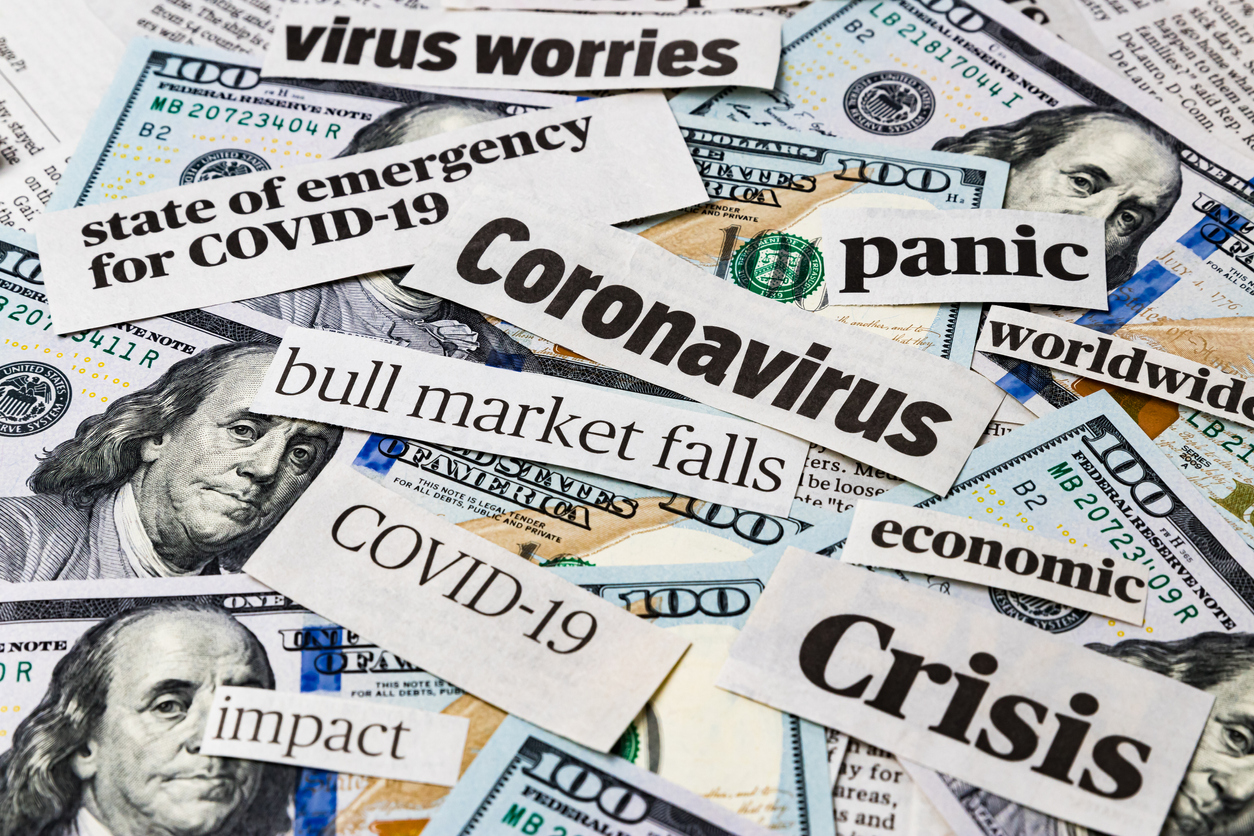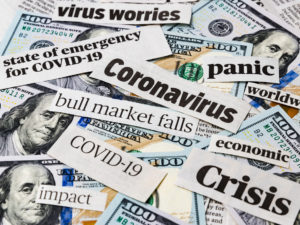The Pandemic is not like the Great Depression


The latest unemployment numbers in the U.S. have been universally touted as the “worst since the Great Depression,” a comparison that, while accurate, can be tremendously misleading. Speaking to the Wall Street Journal, former Federal Reserve Chair Ben Bernanke said, “I don’t find comparing the current downturn with the Great Depression to be very helpful, the expected duration is much less, and the causes are very different.” Bernanke, you’ll recall, was not only the Fed chair who shepherded the U.S. and world economy through the Great Recession a little over a decade ago, but is also one of the world’s leading authorities on the Great Depression of the 1930s. His take on the analogy is worth listening to.
In the 1930s, the initial downturn in the economy was met with a cascading series of policy mistakes. Governments cut back on spending in response to falling tax revenue and raised trade barriers in an attempt to preserve local industries. All of this sent the world economy into a spiraling decline that took a decade to undo.
During the Great Depression, there was no unemployment insurance, no FDIC (although it was created because of that event), and the Federal Reserve, founded a mere decade and a half before, barely knew its identity or role. Contrast that with today, when the Fed acted early and showed up big. Making the Fed’s commitment to supporting the U.S. economy through this crisis crystal clear, Chair Jay Powell said, “You know, it’s not a limited pot.”
In addition to the heroic actions by the Fed, Congress has also shown up impressively, with four bipartisan rounds of fiscal support worth more than $3 trillion, all aimed at “keeping the pipes open,” to quote Stanford economist, Ed Lazear, so that the small businesses hardest hit by the pandemic can survive long enough to reemerge from the downturn.
And while some have raised questions about the risk of inflation from all of this fiscal and monetary support, the SF Fed’s latest email to me was a research paper discussing the risk of deflation due to Covid-19.
If you’re interested in a longer discussion of the fiscal and monetary actions, our webinar from a week ago was recorded and can be viewed here: Monetary and Fiscal Policy in the Age of Coronavirus.
And if you’d like to read the Wall Street Journal article that inspired this post, you can find it here: Coronavirus Slump is Worst Since Great Depression. Will It Be as Painful?
Finally, if you missed our email, The Hope Chronicles, please check out these inspiring poems and videos.
